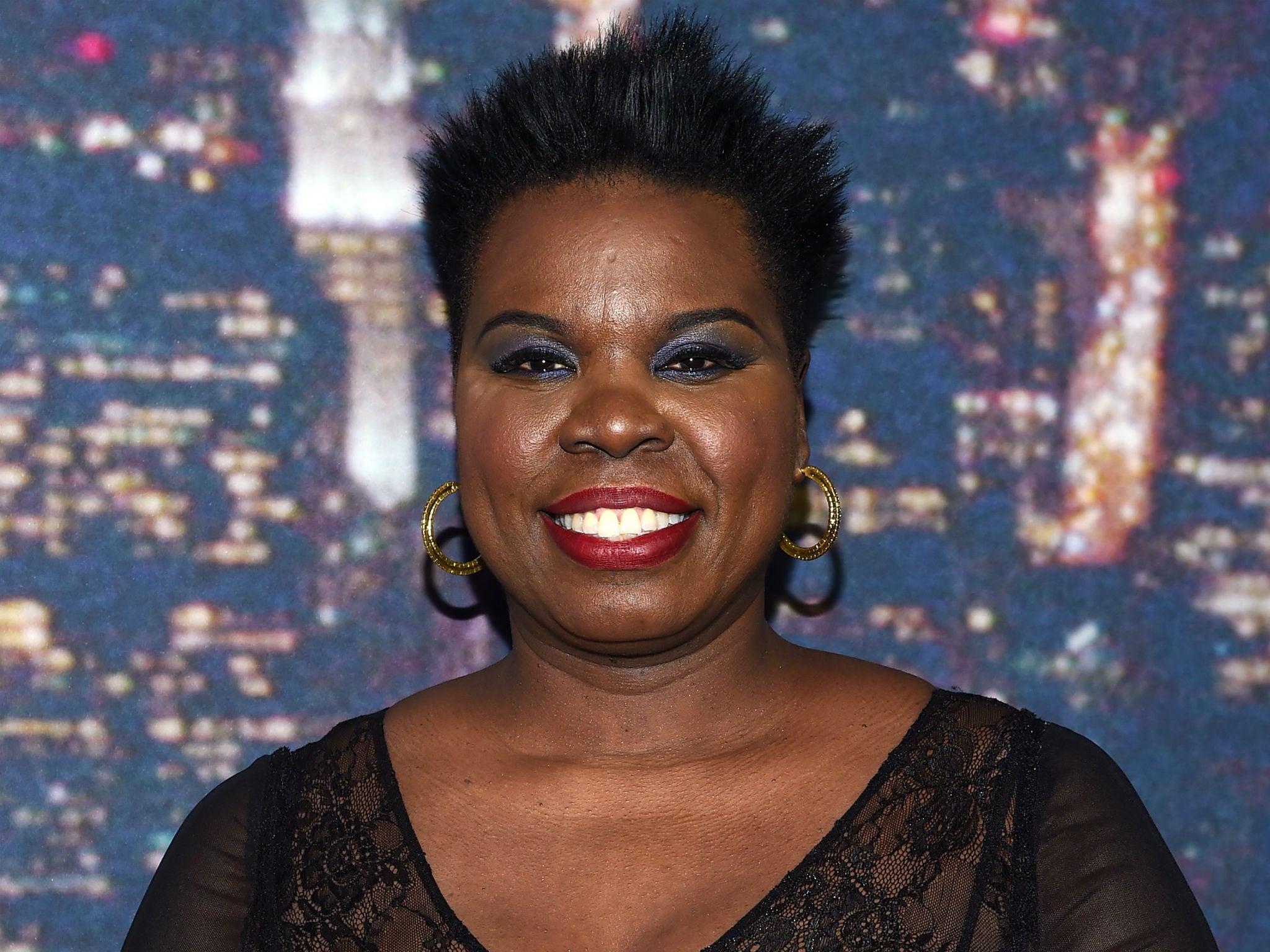It’s 2016 and Leslie Jones, a black woman, has just been compared to a gorilla
The particular abuse reserved for black women is so widespread that it even has its own term: misogynoir

Shortly after the release of the Ghostbuster film in July this year, Leslie Jones and her fellow cast members were the targets of sexist abuse, as male purist fans rallied against the all-female remake of the 80s cult classic. The film’s director Paul Feig came to their defence claiming that fans who think that Ghostbusters cannot be women are full of “pure misogyny.” After the film’s release the criticism died down; the attack on Leslie Jones however, took on a life of its own.
A dark skin, full lipped, tall, full framed woman - her visual appearance is unapologetically black. Less than a month after her temporary Twitter hiatus after receiving a deluge of racist abuse, copies of her passport, driving license and intimate photos were taken from her iCloud account and uploaded onto her Tumblr page by hackers. Perhaps the most telling of all was the picture of the dead Gorilla Harambe posted on her site.
That’s right in 2016 someone just compared a black woman to a gorilla.
Leslie Jones is not the only famous black female to have been compared to a gorilla, First lady Michelle Obama and tennis star Serena Williams have also been compared to the animal. Since the era of slavery and colonialism, black womanhood has been consistently expressed through an animalised narrative, dehumanising these women and making it all the easier to impose oppressive systems onto them. US President Thomas Jefferson even went as far as saying that Orangutans were attracted to black women more than their female counterparts. This makes the ape and gorilla comparisons of actress Leslie Jones all the more disturbing.
This particular abuse reserved for black women is so widespread that, there is even a term for it: misogynoir. Coined in 2010 by Black Feminist scholar Moya Bailey the portmanteau articulates the racialised sexism faced by black women.
Black women of varying tones, shapes and sizes can testify to the rampant racist and sexist abuse they receive on social media. But we have to be more precise about the particular strain of misogynoir faced by Lesley Jones: she is dark skinned and thus does not fit into the socially accepted version of blackness. Whether it is the darkening of Zoe Saldana’s skin tone to play Nina Simone or Gabrielle Sidibe stating that “Not a day goes by that I don’t have to block someone from calling me a fat n—“ social media continues to be a hostile environment for darker skinned black women.
Every so often there is a mainstream embrace of a token dark skin black female such as Michelle Obama or Lupita Nyong'o. Yet they too are subject to a vicious strain of misogynoir. Lupita Nyong’o has herself spoken on not feeling she was beautiful because of her skin tone, while Michelle Obama has often been critiqued for her “strong” facial features.
It’s unlikely to be the end of Leslie Jones’s battle, or for those like her, as this is the plight of the black woman with dark skin who dares to be confident in her own successes. But to for the rest of us, we know the truth, her blackness is unapologetic and it is beautiful.
Join our commenting forum
Join thought-provoking conversations, follow other Independent readers and see their replies
Comments